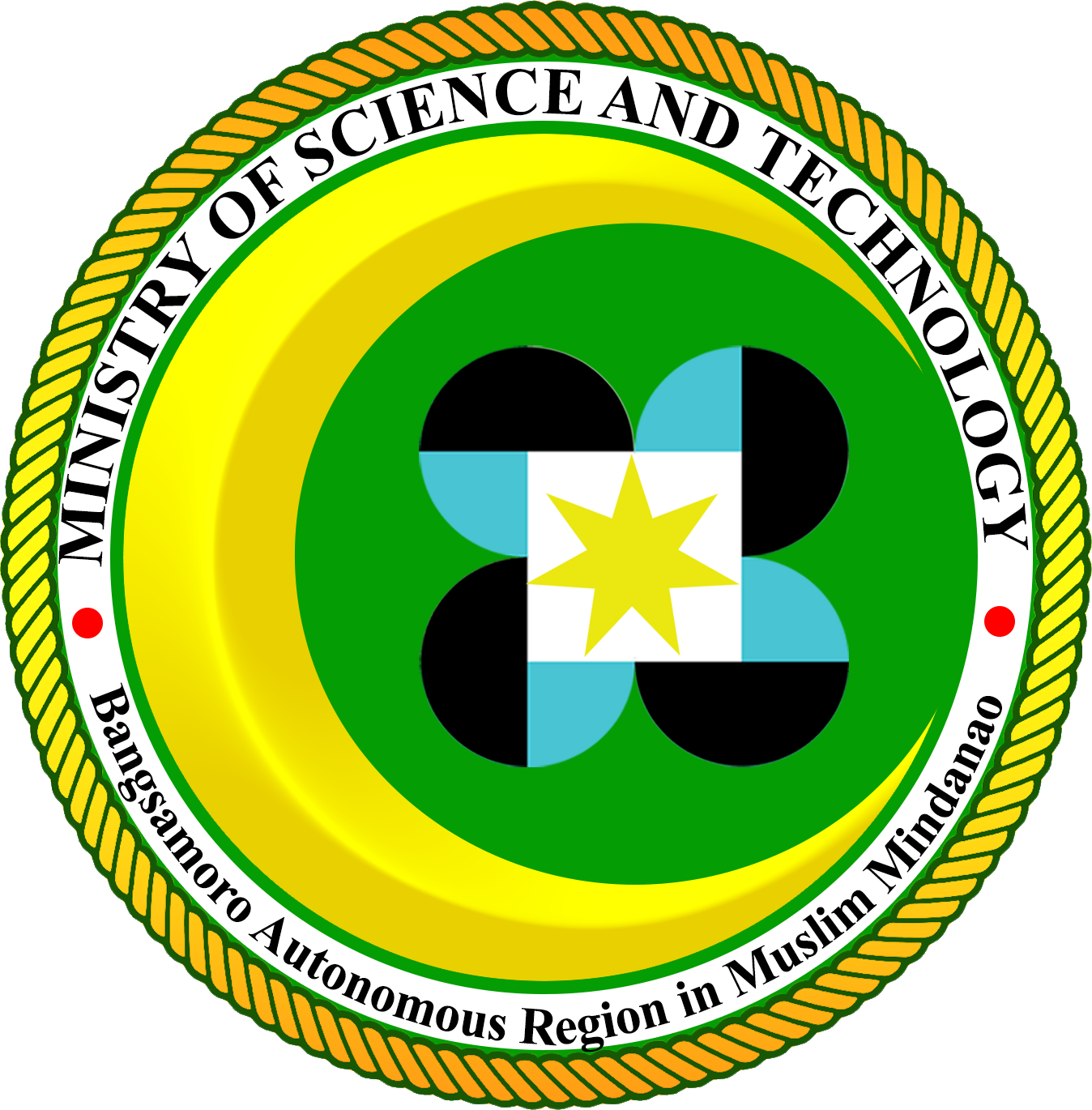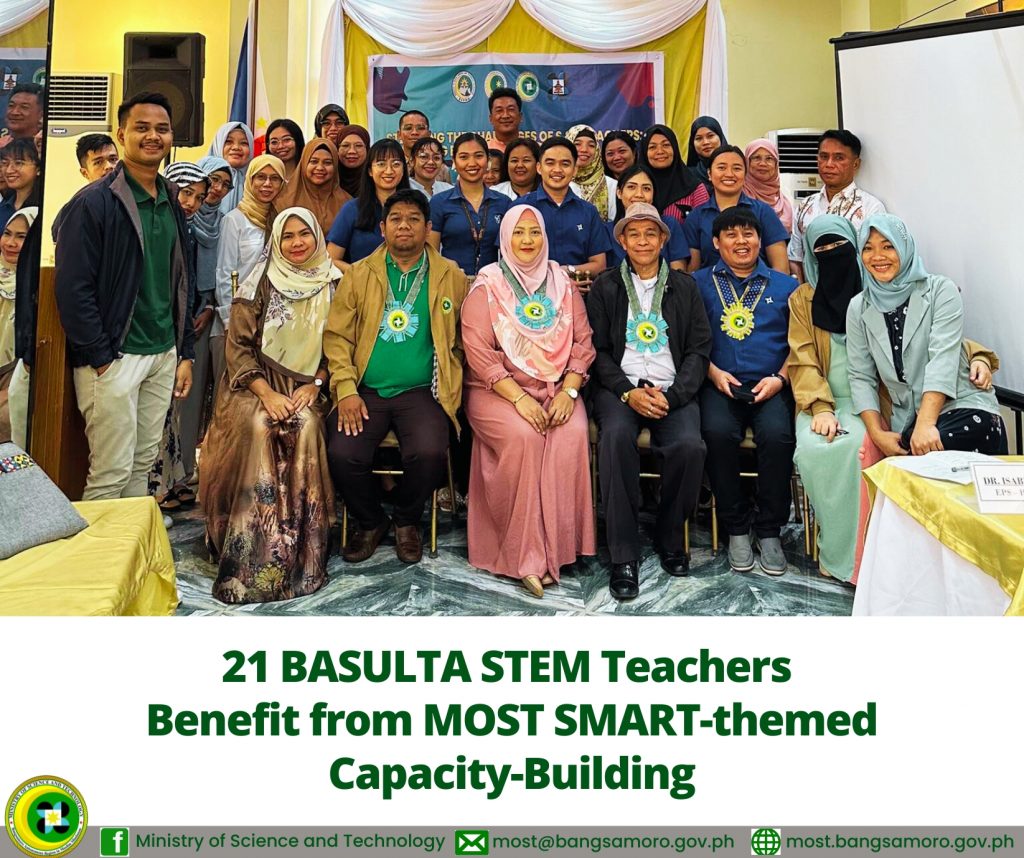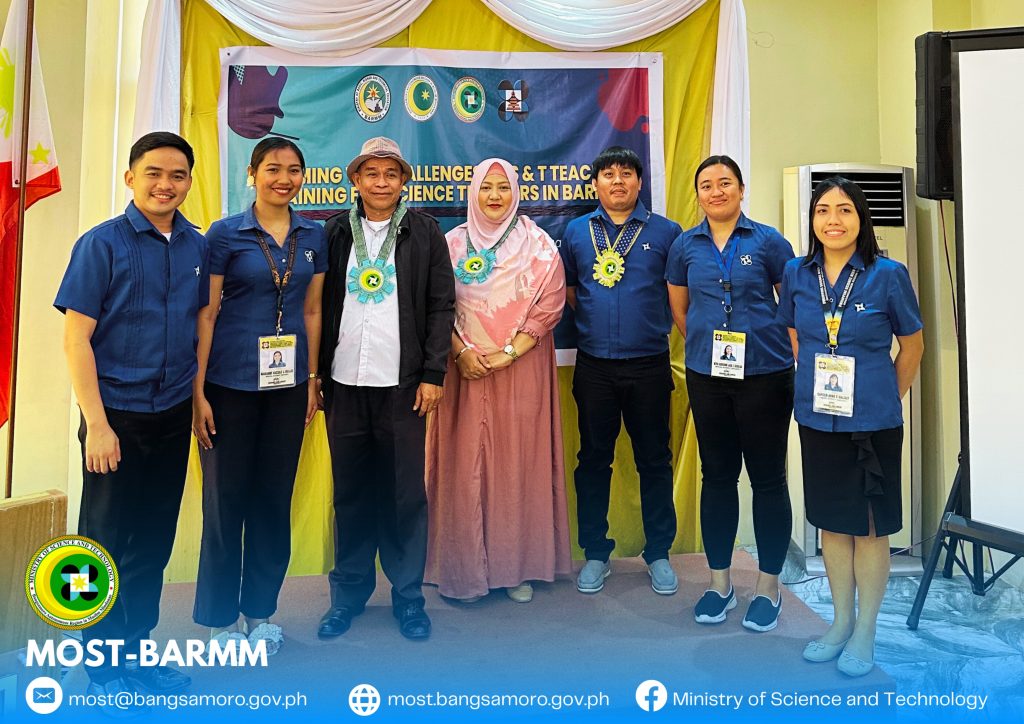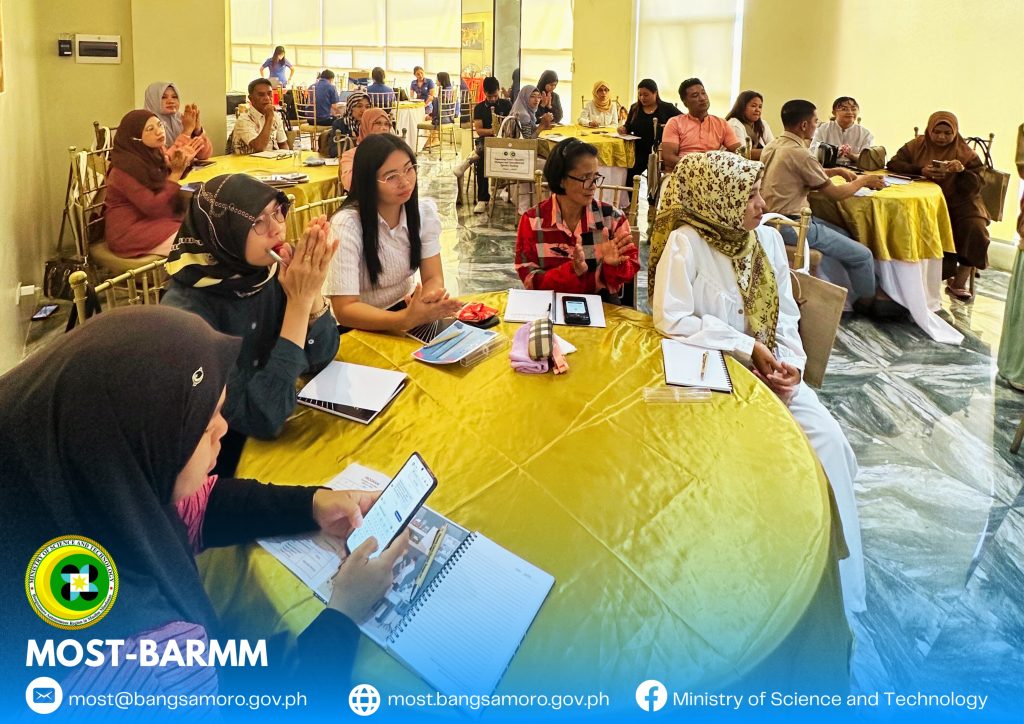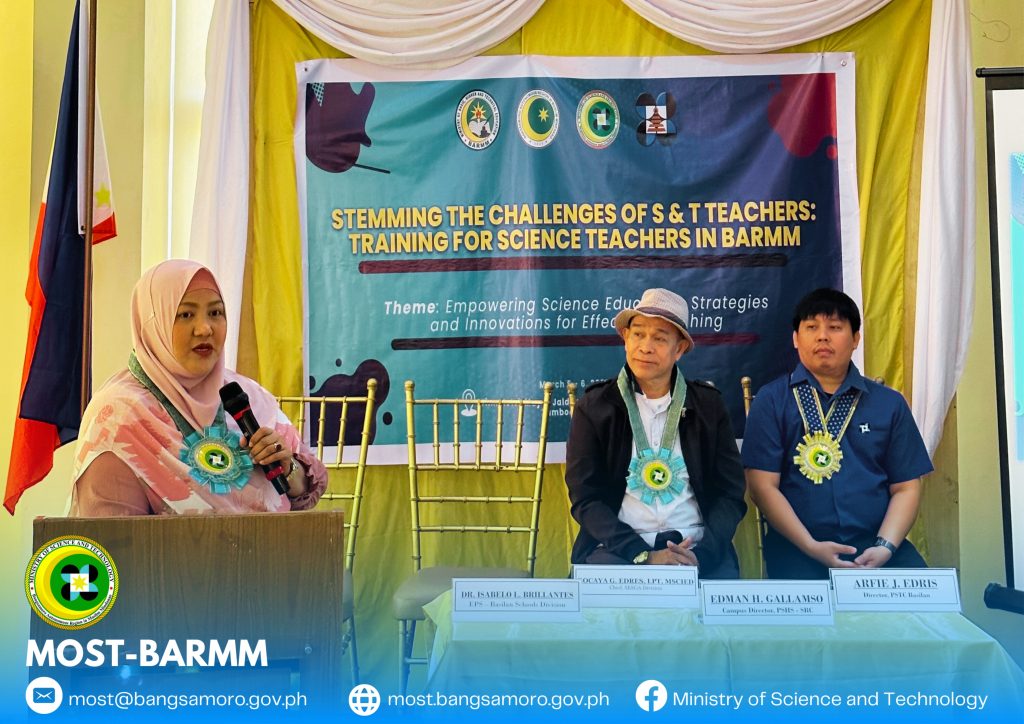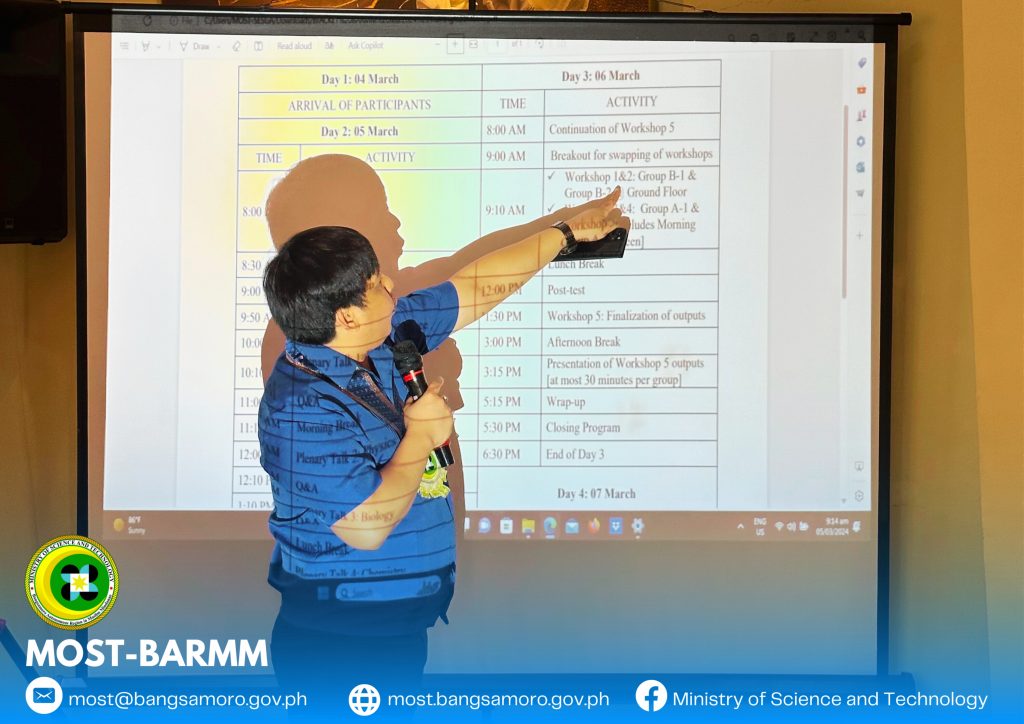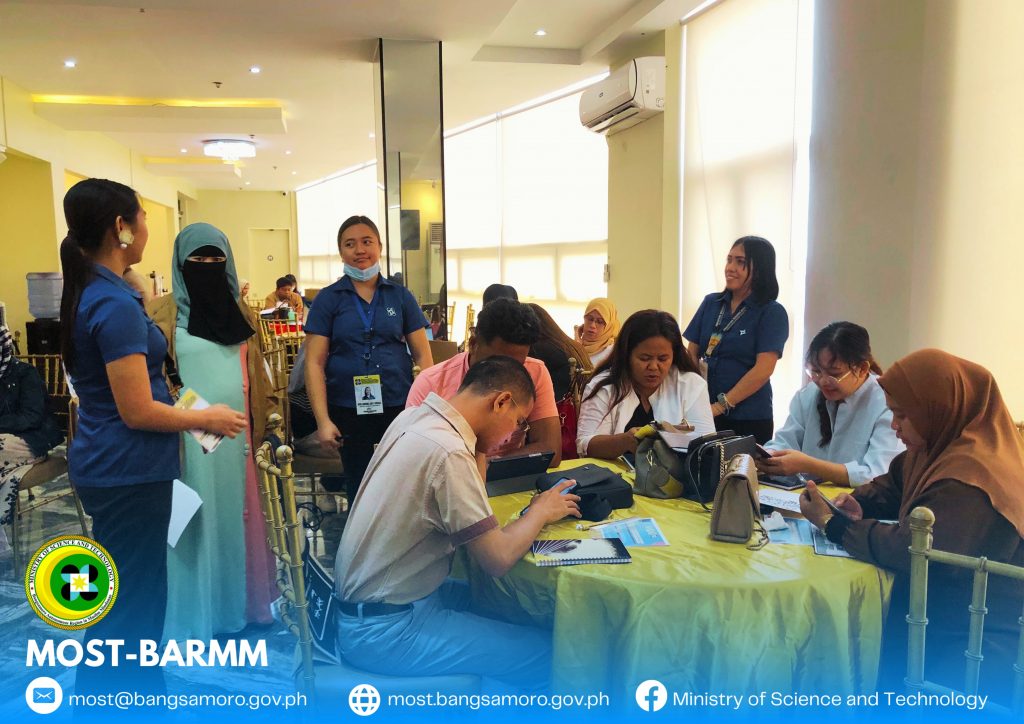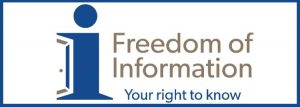Zamboanga City – To empower and enhance the knowledge and skills of science, technology, engineering, and mathematics (STEM) teachers, the Bangsamoro Government’s Ministry of Science and Technology has upskilled 21 STEM teachers in Basilan, Sulu, and Tawi-Tawi through capacity-building.
Held at Winn Hotel in this city from March 5 to 6, 2024, the activity leveraged the theme “Empowering Science Educators: Strategies and Innovations for Effective Teaching.” Its objectives were to enhance and develop teachers’ scientific and technological skills, empower science educators to adopt innovative teaching strategies leveraging SMART learning, and foster a collaborative network among science educators to create a community of practice focused on SMART learning.
Rocaya G. Edres, LPT, MSciEd, Chief Science Research Specialist under Science Education, Scholarships, and Grants, emphasized that the capacity-building provided for STEM teachers reflects the ministry’s commitment since its establishment to enhance and improve the knowledge and skills of science educators in the Bangsamoro region.
“We are glad in the ministry that we are able to provide another capacity-building for STEM teachers in BASULTA. We aimed to capacitate our science educators to become competitive and efficiently develop and improve their knowledge and skills through the ministry’s capacity-building, such as providing teaching strategies that will hone their teaching capabilities,” Chief Edres said.
The two-day activity provided lectures with teaching strategies on earth science, biology, chemistry, and physics. It also included workshops to boost teaching capacities.
Resource speakers were from Philippine Science High School – SOCSKSARGEN Region Campus headed by Campus Director Edman H. Gallamaso.
Additionally, the ministry oriented them with SMART-themed strategies, which is an acronym for S – Science Pedagogy Enhancement, M – Modernizing Science Laboratories, A – Assessing Student Progress, R – Reinforcing STEM Integration, and T – Technology Integration. Focusing on this SMART theme allows the science teachers’ training program to prioritize improving instructional strategies, adopting new technologies for hands-on experiments, implementing SMART assessment practices, fostering the integration of STEM education, and leveraging technology for enhanced student learning experiences.
#MOSTUpdates2024
[Information and Communication]
